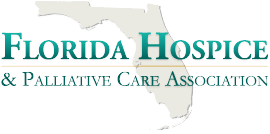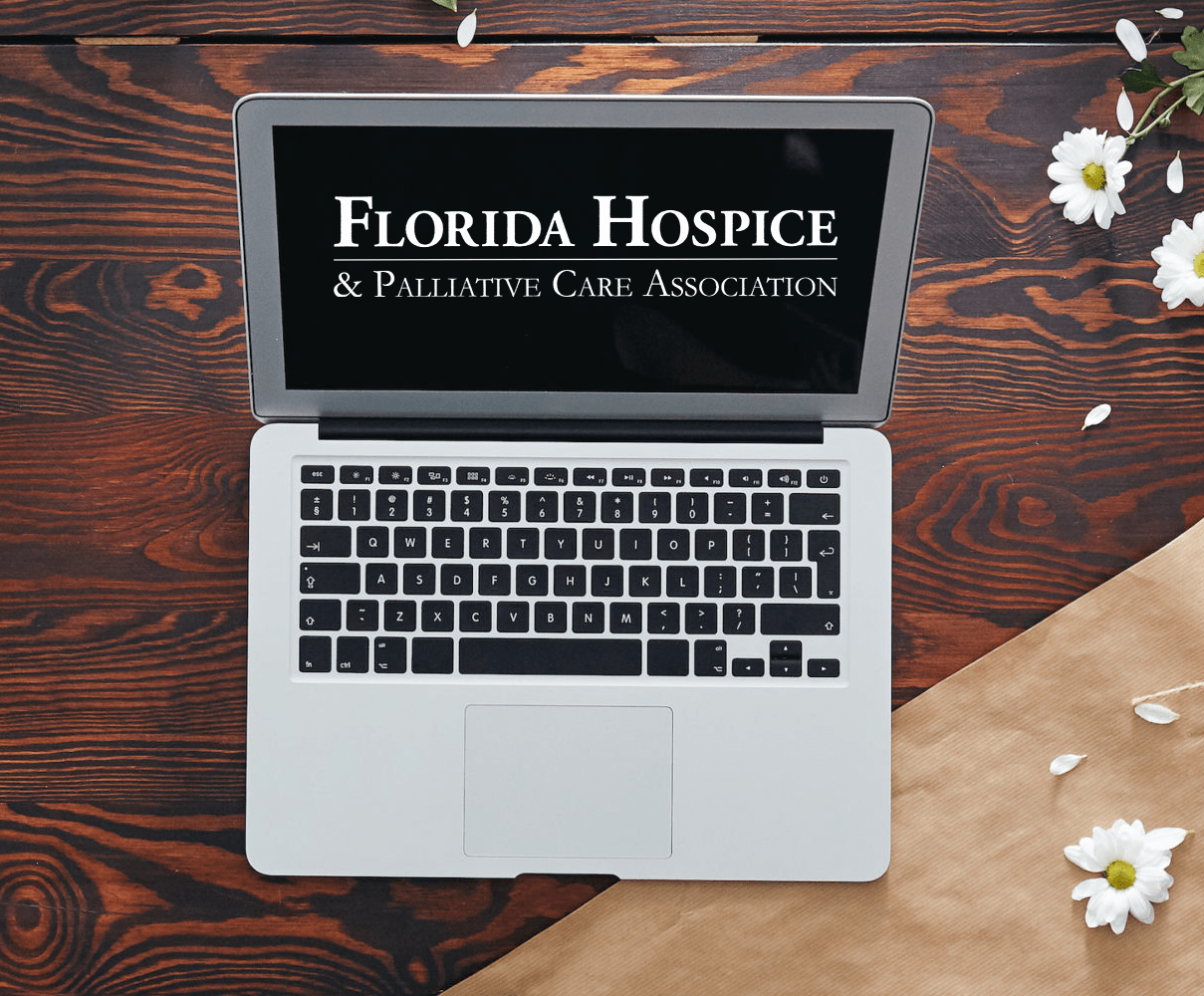Faqs
Who is eligible for hospice?
You qualify for hospice if:
- You are eligible for Medicare Part A (Hospital Insurance) or Medicaid
- Your doctor and the hospice medical director certify that you are terminally ill and probably have less than six months to live
- You sign a statement choosing hospice care instead of routine Medicare covered benefits for your terminal illness*
- You receive care from a Medicare-approved hospice program
Some private pay insurance companies follow different eligibility guidelines and benefits offered can differ from insurer to insurer. Please contact your insurance provider about their hospice eligibility requirements.
* Medicare will still pay for covered benefits for any health problems that are not related to your terminal illness. For more detail view the Medicare Hospice Benefit Brochure.
What if you are not eligible for hospice? Most hospices also offer comfort care for patient’s not yet eligible, contact your local hospice to ask about palliative care services.
How can I get hospice care?
You or a family member can contact a hospice that serves your area. One of the first things the hospice will do, if you decide you want hospice care, is contact your physician to make sure he/she agrees that hospice care is appropriate. Your doctor must certify that you are terminally ill and may have less than six months to live, if the disease takes its expected course. Even if you live longer than six months, you can get hospice care if your doctor continues to certify that you are terminally ill.
Who makes the decision about entering hospice and when?
Ultimately the decision belongs to the patient. Any time during a life-limiting illness, it is appropriate to discuss all care options, including hospice. People are sometimes uncomfortable with the idea of stopping aggressive efforts to cure their disease. Hospice staff members are highly sensitive to these concerns and are available to discuss them with the patient and family.
Can I stay at home?
Yes. Hospice is a philosophy and a concept, not a place, so it comes to you. With hospice support, the majority of hospice patients are cared for in their own homes surrounded by loved ones and friends. Family and friends deliver most of the care under the watchful eye of the hospice interdisciplinary team members who teach caregivers, visit regularly to provide care, answer medical questions, and provide support. Hospices have staff available 24 hours every day to consult by phone with the family and make additional day or night visits as appropriate. Hospice designs the care to enable you to stay at home if you desire to do so.
Some hospices operate their own home-like freestanding inpatient and residential care facilities. If inpatient or nursing facility care is required, the hospice will make arrangements that you agree with.
If I live in a nursing home or assisted living facility, can I obtain benefits from hospice care?
Yes. When a nursing home or assisted living facility is your home, you may choose to have hospice services at that location. Hospice staff coordinate the care provided. The care you receive from the hospice providers will be in addition to the care you receive from the nursing home or assisted living provider.
If I show signs of recovery, can I be returned to regular medical treatment?
Yes. If your condition improves and the disease seems to be in remission, you will be discharged from hospice care and may return to regular medical treatment. You may return to hospice later, should you choose to do so.
Who pays for hospice care?
Hospice care is available to all persons, regardless of the ability to pay. Hospice care is fully reimbursed by Medicare and Medicaid and many other types of health plans, including health maintenance organizations (HMOs), preferred provider organizations (PPOs), and other private insurance. If you have insurance other than Medicare (Part A) or Medicaid, your hospice program will help you determine the coverage by contacting your insurance company for you. Since it is the hospice philosophy to provide access to all who choose this type of care, regardless of ability to pay, most hospice programs also provide care for those who have no source of hospice benefit coverage. Most hospice programs conduct fund-raising events in their communities to help support this philosophy of care to all persons.
Medicare gives hospices the option of charging their patients five percent of the cost of any medications, up to a $5.00 maximum. Hospice may also charge a five- percent co-insurance on the cost of inpatient respite care.
To ease both the patient’s and family’s concerns, the hospice admissions staff and social workers try to ensure that payment issues are handled in an uncomplicated manner. The hospice philosophy is that payment for services should not be a concern.
Download the Centers for Medicare Services Handbook
Can I keep my Medicare health plan?
Yes. Hospice is a Medicare benefit under Part A. The hospice Medicare benefit covers all services and costs of caring for your terminal illness. You will use your regular Medicare health plan to obtain care for any health problems that are not related to your terminal illness.
What diagnoses are covered under hospice care?
Any individual of any age with a diagnosis of a terminal illness is eligible for hospice care. A physician will determine when an illness has reached this stage. If the physician has not mentioned hospice, the patient and family can discuss the possibility of hospice with the physician.
What is respite care?
Respite care is provided to a hospice patient so the usual caregiver can rest. As a hospice patient, you will have one primary person that takes care of you every day. That person is often a family member and they will need time away from caregiving to accomplish other things. During a period of respite care, you will be cared for in a Medicare-approved setting such as a hospice facility, hospital, or nursing home.
How does hospice manage pain?
Hospice nurses and doctors are up to date on the latest medications and devices for pain and symptom relief. In addition, physical and occupational therapists can help patients be as mobile and self-sufficient as they wish, and they are often joined by specialists in music therapy, art therapy, massage, and dietary counseling. Hospice believes that emotional and spiritual pain are just as real and in need of attention as physical pain, so hospice also addresses each of these issues.
Will I become addicted to pain medications or not know what is happening?
No. It is the goal of hospice to have the patient as pain free and alert as possible. By constantly consulting with the patient, hospices have been very successful in reaching this goal. Addiction means there is a craving for a drug to get high, which has nothing to do with the prevention or control of pain.
Do hospices do anything to make death come sooner?
No. Hospice does not make death come sooner, it allows death to come naturally. Hospice also helps patients and their families understand the dying process and tries to ensure that no one dies alone.
Does hospice care focus on dying?
No. Hospice focuses on compassionate caring at the end-of-life so that you can live each day as fully as possible with dignity, choices and control. Hospice can’t add days to your life but it can add life to your days.
When and how do I submit an appeal to Medicare?
If you are enrolled in the Original Medicare Plan or a Medicare Advantage Plan (HMO), you have the right to a fast appeal when your Medicare provider services are ending. This fast appeal is called an expedited review. You can get an expedited review whenever your Medicare services are stopped from a skilled nursing facility, home health agency, comprehensive outpatient rehabilitation facility or hospice. http://www.fmqai.com/library/attachment-library/FastTrackBrochure.pdf



